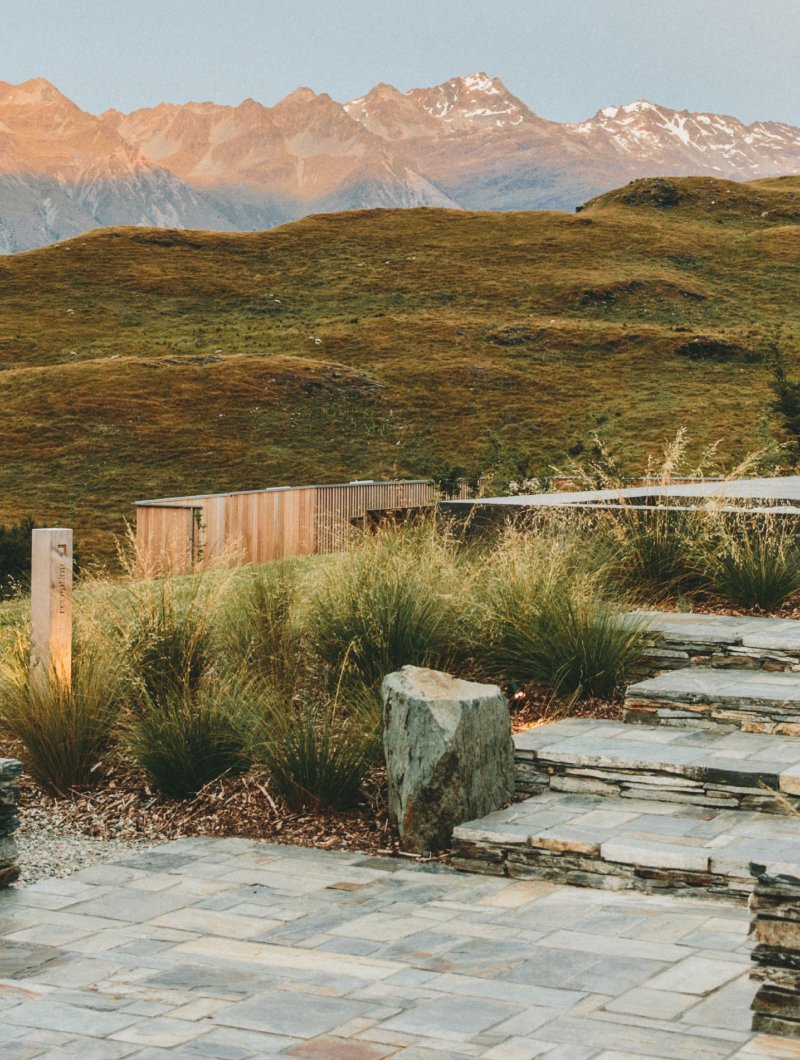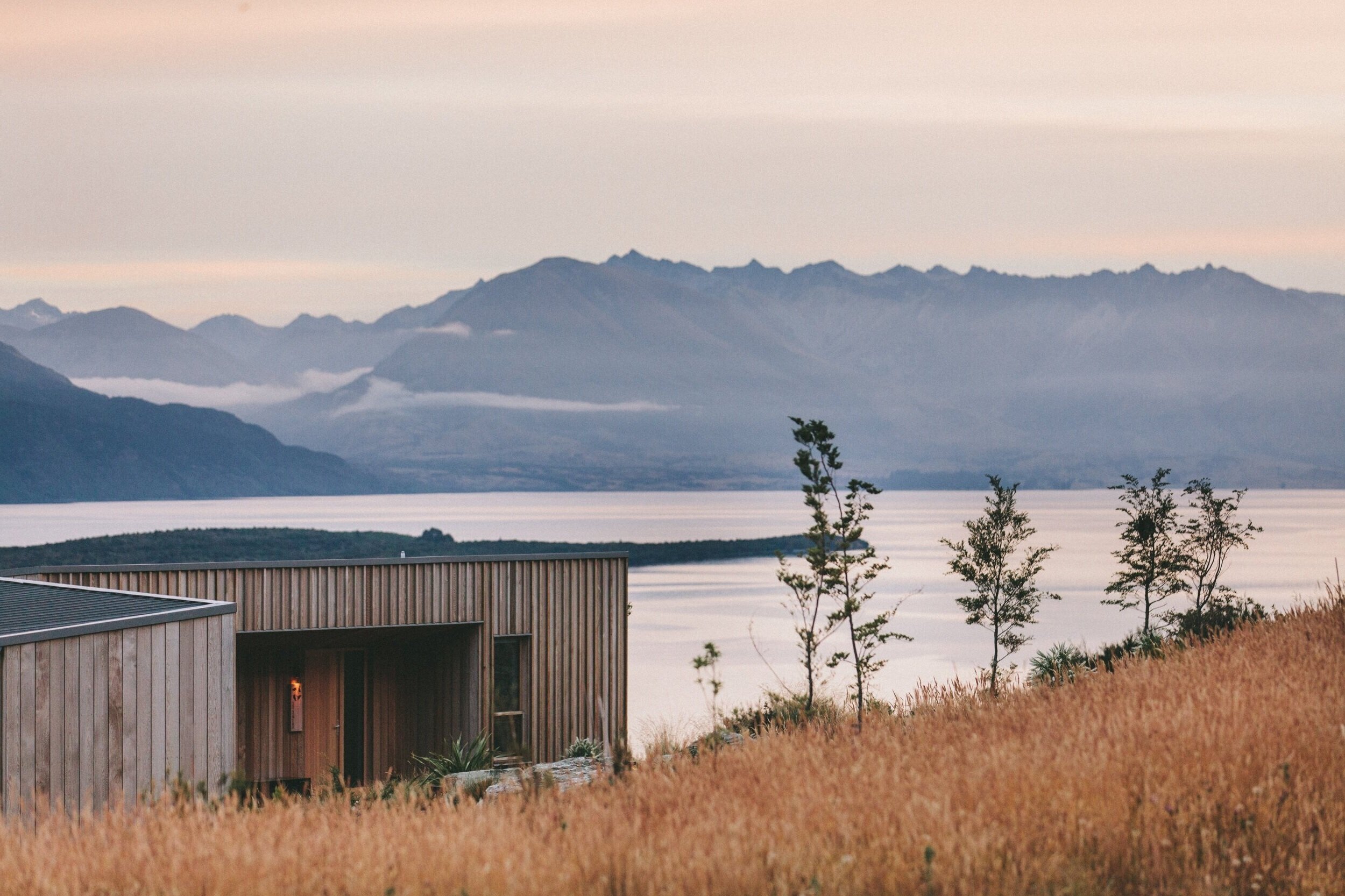IN THIS LESSON
Have you ever noticed that houses, schools, parks, and stores are all in different areas of your neighborhood?
That’s not just by chance! It happens because of something called zoning laws. Zoning is like the rules of a game that tell you what you can and can’t build in certain places. Let’s dive into what zoning means, how it works, and why it’s important for making neighborhoods run smoothly!
What is Zoning? 🗺️🏡
Zoning is the set of rules that cities and towns use to decide what kind of buildings can go in certain areas. Think of it like a map in a game that has different zones for different activities. Some areas are made for homes, others for shops, and some for parks or schools. These rules help make sure everything is organized and that neighborhoods stay nice for everyone.
Why does it exist?
Zoning helps keep things organized so that homes, schools, and businesses don’t all end up crammed together in a way that doesn’t make sense.
What does it look like?
The city is divided into zones, with some areas marked for houses, others for businesses, and others for parks and public spaces.
Types of Zones: Where Can You Build? 🏙️🌳
There are different types of zones, each designed for a specific purpose. Just like in a video game, different zones have different rules for what can be built there. Here are the main types:
-
These areas are for homes, apartments, and other places where people live. In a residential zone, you’ll find houses, townhomes, and apartment buildings. Think of this as the part of the game map where all the players have their home bases.
-
Commercial zones are for businesses like shops, restaurants, and offices. This is where people go to work, shop, and eat out. It’s like the marketplace in a game where all the stores and cool items are located.
-
These areas are for factories, warehouses, and other places where things are made or stored. You don’t usually see homes here because it’s all about work and production. In game terms, it’s the zone where all the resources are made and collected.
-
Parks, playgrounds, and public spaces are important parts of any neighborhood, and public zones are set aside for these areas. It’s like the fun, open areas in a game where you can hang out with friends or complete side quests.
Why Zoning is Important 🚦🏗️
Zoning keeps everything balanced. Imagine if you could build anything, anywhere in a game — it would get chaotic fast! The same is true in real life. Zoning laws help keep neighborhoods organized and make sure that everyone has what they need, whether it’s a quiet street to live on, a park to play in, or a place to grab lunch.
Why it matters:
Peace and quiet: Zoning keeps noisy places (like factories) separate from quiet areas (like homes).
Safety: It helps make sure things like busy roads or industrial areas don’t end up too close to schools or parks.
Organization: Zoning ensures that neighborhoods have a balance of homes, shops, and public spaces so that everything is in the right place.
Zoning in Action: Building Rules 🛠️
Here’s how zoning works in real life:
If someone wants to build a house, they can only do it in a residential zone.
If someone wants to open a store, they have to find a spot in a commercial zone.
The city has rules about how tall buildings can be, how close they can be to the street, and what kind of buildings are allowed in each zone. It’s like following building guidelines in a game — you can’t build your base just anywhere; you have to find the right spot on the map.
What Happens If You Break the Rules? ⚠️
If someone tries to build something in the wrong zone — like putting a factory in the middle of a neighborhood where houses are — the city will stop them. It’s like trying to build something in a game where it doesn’t belong — the system just won’t allow it! Zoning laws are enforced to make sure that the neighborhood stays safe, clean, and organized.
Can Zones Change? 🔄
Yes! Sometimes, cities decide to change the zoning in certain areas. This is called rezoning. For example, if a neighborhood grows a lot, the city might change part of it from a residential zone to a commercial zone so more shops can be built. It’s like getting an update in a game that adds new features or unlocks new areas to explore.
-
Add a short summary or a list of helpful resources here.





